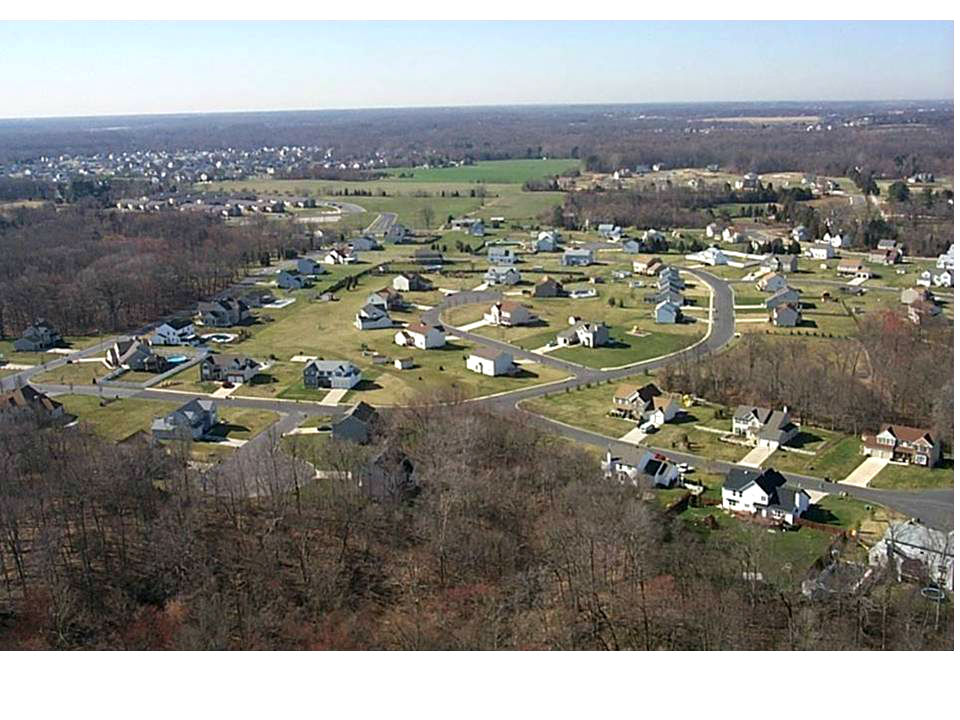New Jersey Future Blog
Real Winter Warmth?
December 11th, 2001 by Tim Evans
- Geraniums still bloom in Hoboken two weeks before New Year’s Eve. Roses climb fences beside holiday wreaths in New Brunswick. New Year’s confetti in Princeton could well be cherry blossoms, blooming now along with forsythia.
- Today’s babies may retire in a New Jersey with the climate of southern Florida. Experts predict within 70 years, New York City will have as many 90 degree days a year as Miami does now.
- Within only 20 years, the report says, “the changes in climate could potentially extirpate the sugar maple industry in New England.”
(Reports to Congress on the Potential Effects of Global Climate Change in New York and in the Northeast were produced by the US Environmental Protection Agency, The State of New Jersey’s report on global warming
CHANGING LAND USE KEY TO CHANGING CLIMATE
The way we use our land in New Jersey is changing our climate, and in turn, could dramatically change our economy and way of life.
The rapid rise of sprawling, auto-dependent development not only means more cars on our roads, but a steady increase in greenhouse gases produced by burning gas and oil. In the building boom years between 1990 and 1997, New Jersey saw a four percent rise in population but a17 percent increase in greenhouse gases, according to the state – an increase of some 20 million tons of carbon dioxide released into New Jersey’s air.
If unchecked, the consequences of climate warming will be dramatic for New Jersey. According to the state, changing rainfall patterns could cause major crop losses and affect future drinking water supplies. New Jersey could become more vulnerable to hurricanes, floods, and new pests and diseases migrating from tropical places. The economic, as well as environmental consequences could be severe.
Most recently, some have considered it an act of patriotism to drive less and with more efficient vehicles to reduce our country’s dependence on oil-producing nations. In New Jersey, it may also be an act of economic and environmental mercy. New Jersey communities and builders can do their part by planning more walkable communities
















